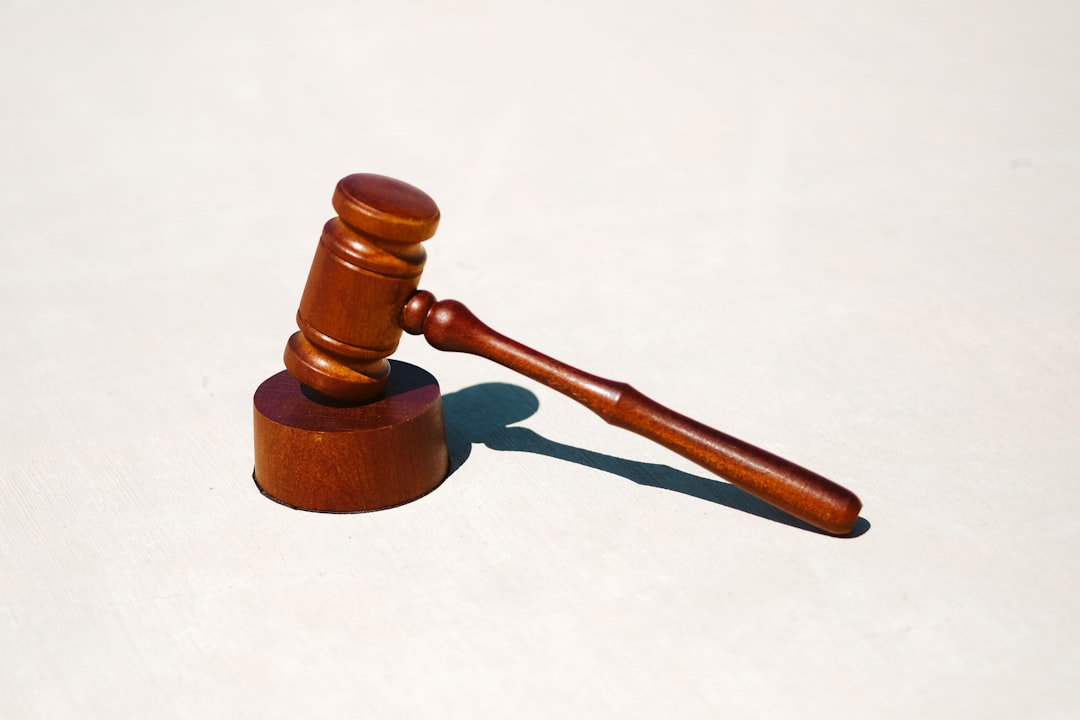In West Virginia, consumers dealing with debt collectors benefit from the "Do Not Call" law, which protects residents from unwanted phone calls from collection agencies and lawyers. Understanding this law and one's rights is essential for maintaining peace of mind and privacy. Violations can lead to legal action, encouraging consumers to assert their rights and seek assistance if needed. The "Do Not Call" law has transformed debt collection practices, making it more professional and less intrusive. If facing harassment, document incidents and consult a consumer rights attorney in West Virginia for guidance on federal and state protections, such as the TCPA and FDCPA.
In West Virginia, consumers are protected from aggressive debt collector harassment by robust legal frameworks. This article explores your rights and the strategies available to combat unwanted and abusive collection tactics. We delve into the state’s unique context, focusing on how the Do Not Call Law influences debt collection practices and the legal recourses accessible to victims. By understanding these protections, West Virginia residents can assert their rights and avoid unfair treatment from debt collectors. Discover your options with top Do Not Call law firms in West Virginia dedicated to consumer advocacy.
Understanding Consumer Rights Against Debt Collectors in West Virginia

In West Virginia, consumers have certain rights when it comes to dealing with debt collectors. One significant protection is the “Do Not Call” law specifically targeting debt collection agencies and lawyers. This law allows residents to register a complaint if they feel their privacy has been invaded by repeated calls from these entities. By registering, individuals ensure that they are not contacted for debt-related issues through phone calls, further safeguarding their peace of mind.
Understanding one’s rights is essential in navigating the complex relationship with debt collectors. West Virginia residents should be aware that there are strict guidelines regarding the frequency and manner in which debt collectors can communicate. Knowledge of these laws empowers consumers to take action if they believe their rights have been violated, including seeking legal assistance when necessary, particularly when the “Do Not Call” law is disregarded.
The Do Not Call Law and Its Impact on Debt Collection Practices

The Do Not Call Law, a significant piece of consumer protection legislation, has had a profound impact on debt collection practices in West Virginia and across the nation. This law, which restricts unsolicited phone calls from various businesses, including debt collectors, has empowered consumers by offering them a much-needed respite from harassing calls. By enrolling in the national “Do Not Call” registry, individuals can prevent direct marketing calls, including those related to outstanding debts.
In West Virginia, as in many other states, debt collection agencies must adhere to strict guidelines when contacting potential debtors. The Do Not Call Law provides a layer of protection, ensuring that collectors respect consumers’ privacy and personal time. This has led to more professional and less intrusive debt collection methods, promoting a healthier relationship between lenders and borrowers.
Legal Recourses for Victims of Harassing Debt Collector Activities

If you’re experiencing harassment from debt collectors in West Virginia, know that there are legal avenues to seek recourse. Federal laws like the Telephone Consumer Protection Act (TCPA) and the Fair Debt Collection Practices Act (FDCPA) protect consumers from abusive or false debt collection practices, including repeated calls to individuals who have requested they stop contacting them—often referred to as the “Do Not Call” law.
Victims of harassing debt collector activities can take action by documenting each instance of harassment, including dates, times, and details of the communication. This evidence can be crucial in filing a complaint with the Federal Trade Commission (FTC) or pursuing legal action against the debt collector. Consulting with an attorney specializing in consumer rights law is also advisable to understand your specific rights and potential remedies under West Virginia’s laws and federal regulations.






